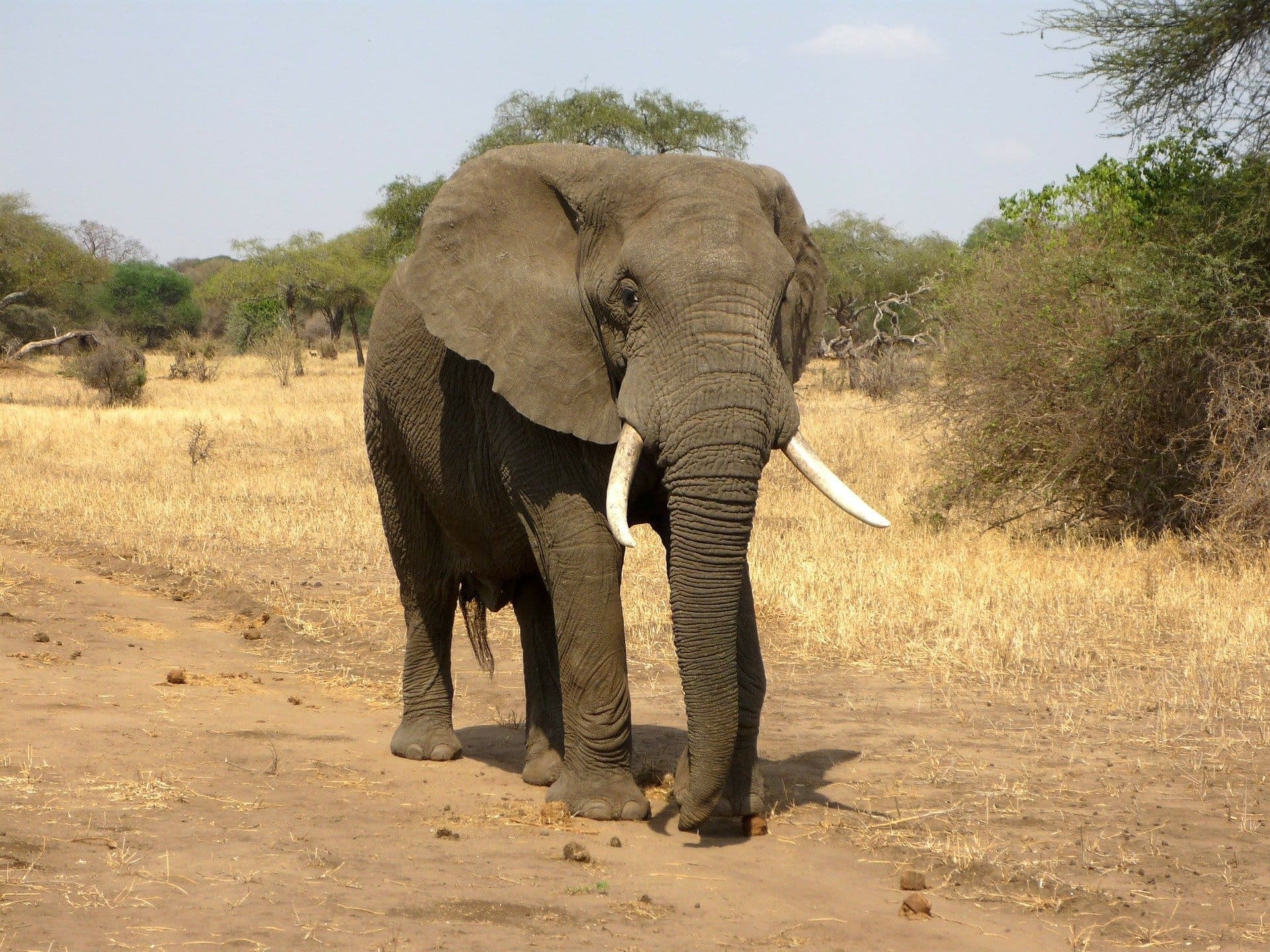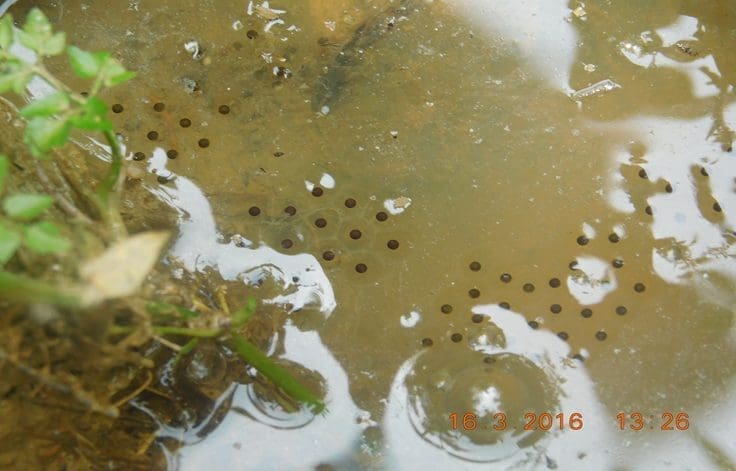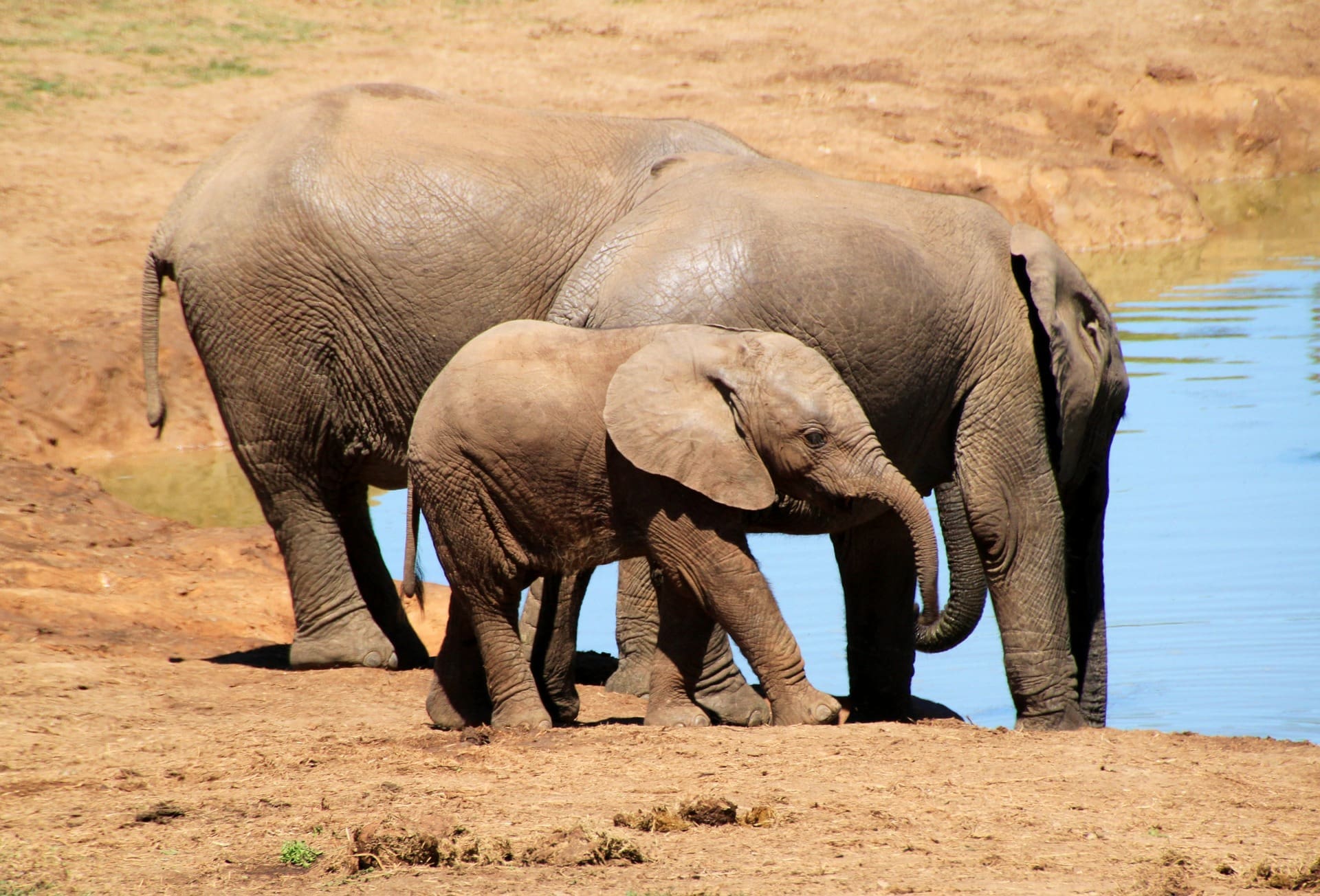[social_warfare]
Elephants are perhaps the most awe-inspiring animals on earth. Not only because of their immense size, but because of their complex level of consciousness and intelligence that cannot be matched by the majority of the animal kingdom. Aside from this, elephants play an incredibly important role in the African ecosystem.
They are a species that commands respect from all those who share the landscape with them, and many Africans battle a constant love/hate relationship with elephants. Love in the form of a deep connection built over generations of living side by side. And hate in the form of the constant battle for those who live in close proximity to elephants, who have to deal with crop-raiding and potentially life threatening situations.
Elephants are a keystone species, which means they play an important role in maintaining the biodiversity of the ecosystems in which they live.
5 reasons why elephants are important to the ecosystems in which they live:
1. Elephants Provide Water For Other Animals During Drought
In times of drought and during the annual dry season, elephants use their tusks to dig for water. This of course provides vital hydration for the herd, but it also provides a wide range of other animals who share the same harsh terrain, access to water during the toughest of times.
2. Elephants Shape The Landscape
Elephants are often affectionately referred to as ‘Bush architects’, and for good reason. There immense size and strength means that they can pull down trees and clear thorny bush with ease, which over time causes forest areas to evolve into grassland, which benefits many members of the ecosystem. Particularly those on the smaller end of the spectrum who now have more freedom of movement and plains game who feed solely in open savannahs.

The clearance of dense brush also allows more light to reach the ground, which promotes the growth of different plant species and reduces competition. The elephants are promoting diversity and creating more opportunities for plants to flourish!
3. Elephant Dung Serves As Fertilizer
Elephants are herbivores and will eat almost anything in their path, which is most often whole plants with their seeds. These seeds are redeposited into the earth via the elephants dung. Once deposited the seeds are sown and grow into new grasses, bushes and trees, boosting the health of the savannah ecosystem. Some species rely entirely upon elephants for seed dispersal.
A study aiming to determine how far African elephants move seeds as they go about their daily lives, found that some seeds can be dispersed more than 60 kilometres(40 miles), especially by lone males in search of a mate.
This means elephants transport seeds further than any other land animal, and researchers say their movement adds a massive contribution to the variety and distribution of trees on the African savanna. No surprise when you consider that they can pass thousands of seeds every day.
4. They Contribute To The Survival Of Other Species
On average, an elephant can defecate more than 15 times a day. Along with seed dispersion, elephant dung is a food resource for many insect species. The insect swarms that surround elephant dung attract various species of birds, which pick the bugs off for an easy meal. Dung beetles are known to collect elephant dung and store it as a source of food for their larvae. Honey badgers then seek out these collections and feed on beetle larvae! Who knew elephant poo had such a big impact?
5. Elephants Create Microhabitats
Elephants indirectly create small microhabitats and shelter for smaller species, like amphibians and insects. Researchers in Myanmar, found that during the dry season, elephant tracks fill up with water and create a perfect environment for frogs to breed and for tadpoles to grow. These footprints also provide shelter from predators.

The presence of elephants is essential to the ecosystems in which they live and is of paramount importance. Their absence would create a ripple effect greater than anyone would ever think. Their role cannot be replicated or replaced by any other wildlife species – which is why its so important that we keeps elephants alive and well in the wild.


